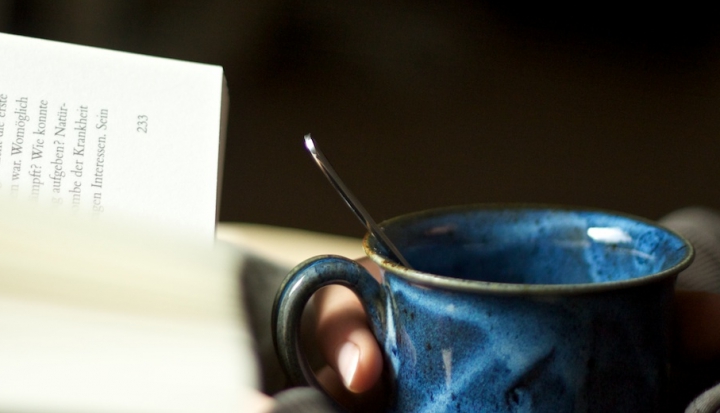Toys are strewn across the living room, the sticky remains of morning snack and lunch coat the kitchen floor, and a writing deadline looms. I take a deep breath and . . . open a novel. I tell my kids to join me, and for the next hour we snuggle on the couch reading. I’m not shirking the chores here—which still need to get done—rather, I am intentionally pursuing leisure.
As a mother of young children, there is always something that needs to be done. But I have noticed that if I am not careful, I spend my whole day “getting things done” only to feel at the end of the day that I haven’t actually done anything.
Research has found that women, particularly those who are mothers, experience numerous constraints on leisure. Whether or not they work outside the home, women may wonder, “Who has the time?” Leisure is hard to defend in the mommy-war culture that puts us on the defensive about the value of work inside the home in the first place. But leisure is not just another thing to squeeze into an already busy schedule, nor a luxury that calls for an apology. It is an integral dimension to flourishing.
In his book Leisure: The Basis of Culture (Liberty Fund), Josef Pieper observes that the word school comes from the Greek word schole, which originally meant leisure. Leisure in this sense is not an absence of work, but a disposition of the soul to “perceptive understanding, of contemplative beholding, and immersion in the real.” Pieper contrasts this understanding of leisure with the frenetic activity of the modern person who does not know how to achieve internal stillness, even during breaks from work.
Pieper warns against the workaholic who not only overly extolls the value of work, but also tends to view all of life, even people, with regards to usefulness. He offers leisure as an antidote to such materialistic and utilitarian thinking as a habit of mind that opens one to the giftedness of reality. A life marked by leisure in this sense is not without work, even hard work. But work is neither seen as the purpose of existence nor is the value of life measured by what one has produced or accomplished. As a professor, I used Pieper to teach my students how to study, that is, how to open themselves to the world of ideas without first questioning how those ideas were going to get them a good grade or a degree or a job.
Now I am relearning the importance of leisure. Motherhood, even stay-at-home mother-hood, easily lends itself to frenetic activity. As any parent knows, taking care of children involves a lot of work; it is all too easy to get so caught up in the work that we miss out on the purpose of it all.
By experiencing leisure, I do not mean simply that I take breaks, but that I break from my ordinary routine to intentionally pursue activities that lead me to beauty and goodness even while I am getting work done. Reading while I nurse the baby, watching the birds at the bird feeder while I wash dishes, or listening to Bach while I do laundry are all attempts on my part to experience leisure in my vocation as a stay-at-home mother.
Women who are mothers have a wonderful opportunity and responsibility to restore leisure to the home, to make the home a “school” that cultivates the mind and soul through the active pursuit of the good and beautiful. This ought not to be understood as “one more thing” women need to add to their already full schedules, but instead as an invitation to freedom, a freedom to pursue the things that bring fulfillment and happiness to their busy days, for themselves and for their children.
This article appears in the June 2016 issue of U.S. Catholic (Vol. 81, No. 6, page 8).
Image: Flickr cc via Pierre Wolfer














Add comment